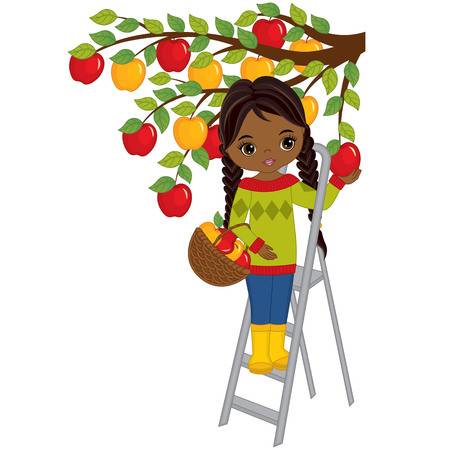
Read also: ALLOWING ONE TO ENJOY ANOTHER’S PROPERTY
-
Natural fruits are the spontaneous products of the soil, and the young and other products of animals.
-
Industrial fruits are those produced by lands of any kind through cultivation or labor.
-
Civil fruits are the rents of buildings, the price of leases of lands and other property and the amount of perpetual or life annuities or other similar income.
The owner of the property has the right to enjoy, dispose, recover or vindicate, possess, and use his property. He also has the right to the fruits produced by his property. The right to the fruits includes the right to three kinds of fruits — natural, industrial and civil fruits.
“Natural fruits are the spontaneous products of the soil, and the young and other products of animals.
Industrial fruits are those produced by lands of any kind through cultivation or labor.
Civil fruits are the rents of buildings, the price of leases of lands and other property and the amount of perpetual or life annuities or other similar income.”
Thus, there are two kinds of natural fruits:
- the spontaneous products of the soil
- the young and other products of animals.
With respect to the natural fruit, the first kind, it is required that the same must be spontaneous product of the soil. Thus, there must be no human labor which has intervened in its generation. If human labor intervenes in the production of the fruit, the same is classified as an industrial fruit.
Industrial fruits are “those produced by lands of any kind thru cultivation or labor.”
For a fruit to be classified as an industrial fruit, it must satisfy two requirements:
- it is produced by the land; and
- it is produced through cultivation or labor.
Civil fruits, on the other hand, are the income or revenues derived from the property itself. Hence, a dividend, whether in the form of cash or stock, is considered as civil fruit because it is declared out of the profits of a corporation and not out of the capital stock. In the case of the Bachrach Motor Co., Inc., vs. Talisay-Silay Milling Co., Et Al (G.R. No. 35223 September 17, 1931), the Court however explained that a bonus which is paid to the owner of a piece of land for undertaking the risk of securing with his property a loan given to a sugar central is not civil fruits of the mortgaged property since it is not income derived from the property itself but a compensation for the risk assumed by the owner.
In marriages under Conjugal Partnership of Gains, the fruits, natural, industrial, or civil, due or received during the marriage from the common property, as well as the net fruits from the exclusive property of each spouse; form part of the conjugal partnership properties. Therefore, in an action to recover paraphernal property of the wife, the intervention of the husband is not needed, and therefore the husband is not a necessary party. But if aside from the paraphernal property, fruits therefrom are sought to be recovered, the husband must join in the action because he is a co-owner of said fruits.
Alburo Alburo and Associates Law Offices specializes in business law and labor law consulting. For inquiries, you may reach us at info@alburolaw.com, or dial us at (02)7745-4391/0917-5772207.
All rights reserved.
SUBSCRIBE NOW FOR MORE LEGAL UPDATES!
[email-subscribers-form id=”4″]



Great web site. Plenty of helpful info here. I am sending it to a few buddies ans also sharing in delicious. And obviously, thank you on your sweat!